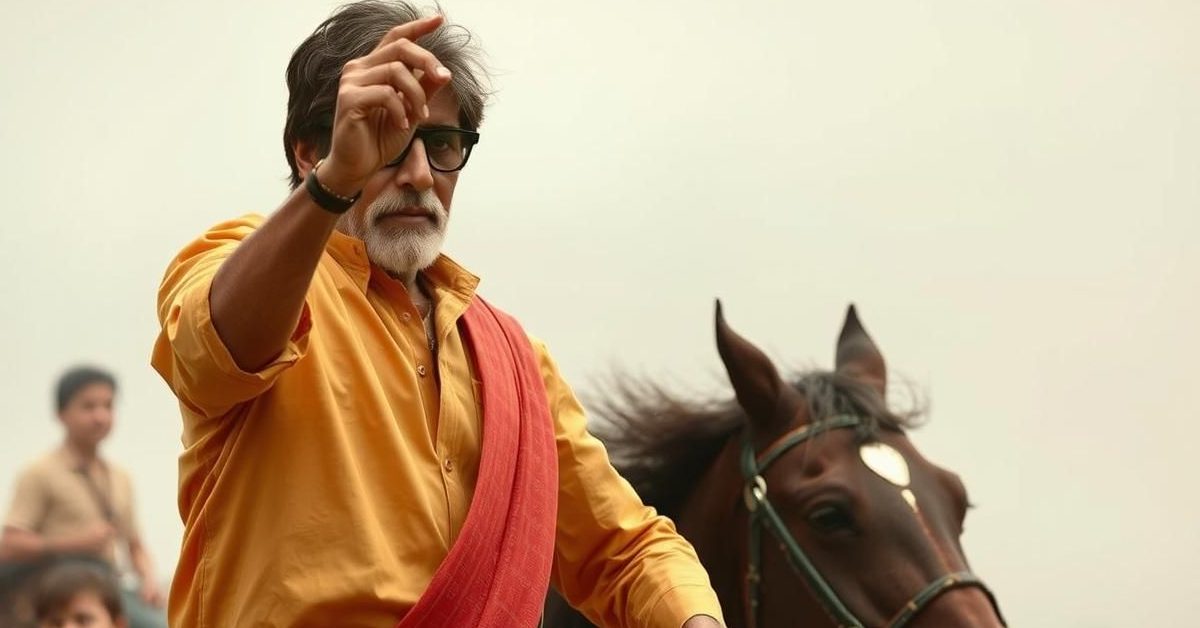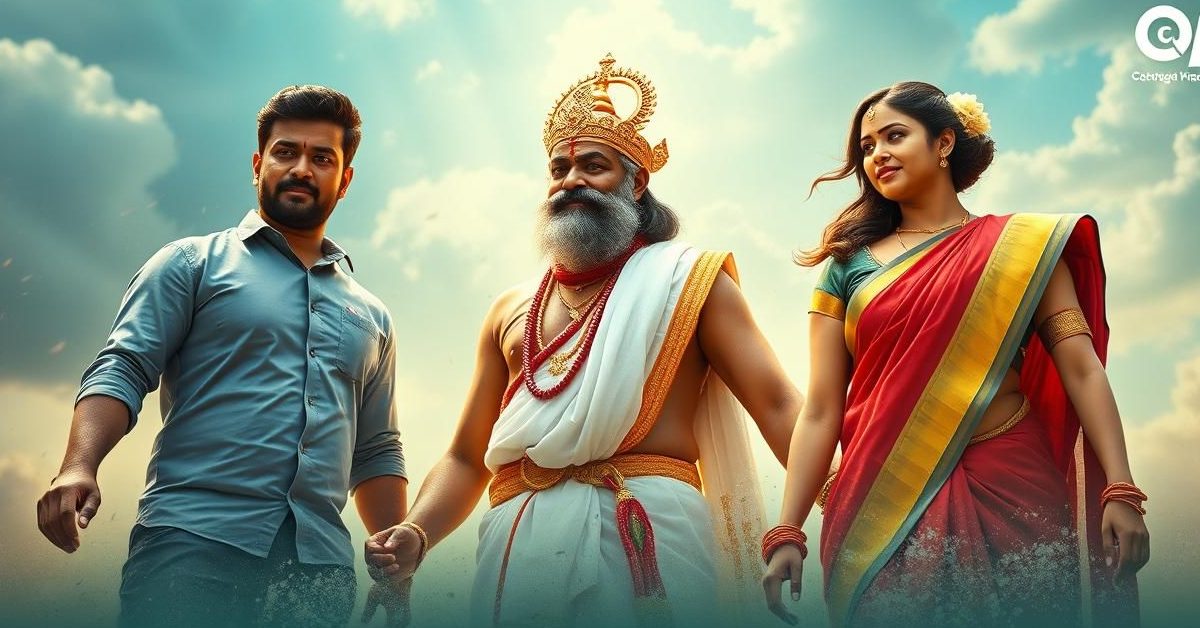Unveiling the Forgotten: Kesari Chapter 2’s Bold Promise
Just a couple of months ago, the cinematic landscape buzzed with anticipation surrounding the release of *Kesari Chapter 2*. Helmed by the insightful director Karan Singh Tyagi and featuring the formidable Akshay Kumar in a pivotal role, the film immediately captured public imagination. Its promotional campaign hinged on an undeniably powerful premise: this was to be the “untold story” of the Jallianwala Bagh massacre, a narrative shrouded in mystery and silence for over a century. The makers boldly declared that the film was meticulously based on events that had remained hidden, promising to bring to light perspectives and heroic deeds long relegated to the shadows of history. This declaration alone set the stage for an emotionally charged cinematic experience, stirring profound curiosity about what new depths could be uncovered regarding one of India’s most tragic historical episodes.
The Shadow of Jallianwala Bagh: A Century of Unheard Voices?
The Jallianwala Bagh massacre, which unfolded in Amritsar, Punjab, on April 13, 1919, remains an indelible scar on the collective conscience. It was a day of unimaginable horror when British Indian Army troops, under the command of Colonel Reginald Dyer, opened fire on a peaceful gathering of unarmed civilians, including women and children. Thousands were killed or wounded in an act of brutal suppression that shocked the world and galvanized India’s independence movement. While the broad strokes of this tragedy are well-documented, the notion of an “untold story” hints at specific, perhaps micro-narratives—individual acts of defiance, the resilience of survivors, or the profound personal tolls that rarely make it into official records. *Kesari Chapter 2*’s ambition to delve into these deeper, more personal facets promised a richer, more human understanding of the catastrophe.
Akshay Kumar: The Face of Cinematic Patriotism
Akshay Kumar’s association with *Kesari Chapter 2* immediately lends it significant gravitas and widespread appeal. Over the years, Kumar has meticulously carved out a niche for himself as a leading actor in films that champion patriotism, historical events, and social causes. From *Gold* to *Rustom*, and the original *Kesari* which depicted the valiant Battle of Saragarhi, his filmography is replete with roles that resonate deeply with nationalistic sentiment and stories of extraordinary courage. His portrayal of characters embodying sacrifice and resilience has fostered immense trust among audiences. For a subject as sensitive and emotionally weighty as Jallianwala Bagh, Kumar’s presence assures a performance steeped in sincerity and a respectful portrayal of the historical context. His ability to convey both vulnerability and unwavering strength makes him an ideal choice to bring these potentially hidden historical figures to life.
Karan Singh Tyagi’s Directorial Vision: Navigating History’s Depths
The responsibility of bringing an “untold” chapter of Jallianwala Bagh to the silver screen rests squarely on the shoulders of director Karan Singh Tyagi. Such a project demands not only meticulous historical research but also immense sensitivity and a nuanced narrative approach. Tyagi faces the formidable challenge of balancing historical accuracy with compelling cinematic storytelling, ensuring that the film avoids sensationalism while still delivering a powerful emotional impact. His vision would need to meticulously reconstruct the era, capture the oppressive atmosphere of the British Raj, and, most crucially, delve into the human spirit that persevered amidst unimaginable adversity. The director’s ability to extract and present these previously unhighlighted events in a captivating yet respectful manner would be key to the film’s success and its enduring legacy.
Beyond the Headlines: The Search for Deeper Truths
What precisely constitutes the “untold story” that *Kesari Chapter 2* endeavors to reveal? It could encompass the narratives of unsung local heroes who tried to aid the wounded, the strategies of those who attempted to warn the gathering, or the silent defiance of ordinary citizens witnessing the brutality. Perhaps it delves into the psychological aftermath for survivors, tracing their resilience and their efforts to keep the memory alive against official attempts to suppress it. The power of cinema lies in its ability to humanize grand historical events, to give a face and a voice to the voiceless, transforming statistics into deeply personal experiences. By focusing on these deeper truths, the film aims to provide a more holistic and emotionally resonant understanding of the Jallianwala Bagh tragedy, moving beyond the well-known facts to illuminate the profound human drama that unfolded.
The Cinematic Impact and Lasting Legacy
*Kesari Chapter 2* aimed to do more than just entertain; it sought to serve as a poignant reminder of a dark chapter in history, highlighting acts of courage and sacrifice that might otherwise fade from public consciousness. In an era where historical memory can sometimes be overshadowed, films like this play a crucial role in educating new generations and sparking vital conversations about colonial oppression, the fight for freedom, and the enduring spirit of a nation. By presenting an “untold” narrative, the film likely intended to evoke a powerful emotional response, fostering reflection and a deeper appreciation for the sacrifices made during India’s struggle for independence. Its release has undoubtedly reignited discussions about the Jallianwala Bagh massacre, reinforcing its profound significance in the tapestry of Indian history and ensuring that the lessons of that fateful day resonate for decades to come.












